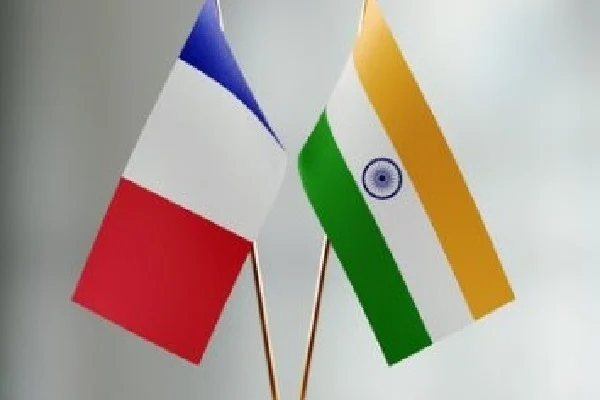France is poised to contribute its technical expertise to support the development of cross-border power trade in South Asia, particularly as India seeks to establish a robust power market involving Bangladesh, Nepal, and Bhutan. Lise Breuil, India country director for AFD, France’s official development agency, shared insights into France’s willingness to collaborate in this endeavor, drawing parallels with the European cross-border power market.
Breuil highlighted the potential collaboration with Expertise France, France’s international technical cooperation agency, which works with partner countries, including India, to design projects aligning with sustainable development goals. In the realm of energy, the focus is on the connectivity extending to the Northeast and neighboring countries like Nepal and Bhutan. Breuil emphasized the importance of bringing expertise on how an international electricity market operates, drawing from the experience of building the European electricity market, a complex process that unfolded over years.
New Delhi has been actively working toward establishing a South Asian energy market. A power trade agreement involving India, Nepal, and Bangladesh is in its final stages, and the India Energy Exchange has already been established to facilitate energy trade with neighboring countries. Additionally, an India-Sri Lanka power line project is progressing through advanced negotiations, with a detailed project report under review before formal approval.
Ajay Tewari, additional secretary at the Ministry of Power, emphasized India’s vision of a robust power grid extending to neighboring countries, including Myanmar, Sri Lanka, and eventually connecting with Southeast Asian nations. The overarching goal is to emerge as a unified market, promoting regional connectivity and stability of supply.
A South Asian power market holds the promise of various benefits, including reduced prices, a stable supply, and enhanced regional connectivity. Cross-border power transmission has witnessed substantial growth, increasing from 2.1 GW to 6.4 GW since 2015 through projects linking India with Bhutan, Nepal, and Bangladesh.
Guangzhe Chen, Vice President for Infrastructure at the World Bank, emphasized the potential economic benefits of a more deeply integrated power system in South Asia. This integration could become a driving force for increased investments in renewables, job creation, savings for electricity importers, and revenue generation for exporters.
Furthermore, India’s participation in the ‘One Sun One World One Grid’ scheme of the International Solar Alliance (ISA) signifies its commitment to connecting national grids with countries in West Asia and Southeast Asia. Memoranda of Understanding (MoUs) have been signed with Saudi Arabia for power grid interconnection and green hydrogen supply, with similar plans in the pipeline for the UAE and Singapore, marking significant strides in India’s regional energy connectivity efforts.














